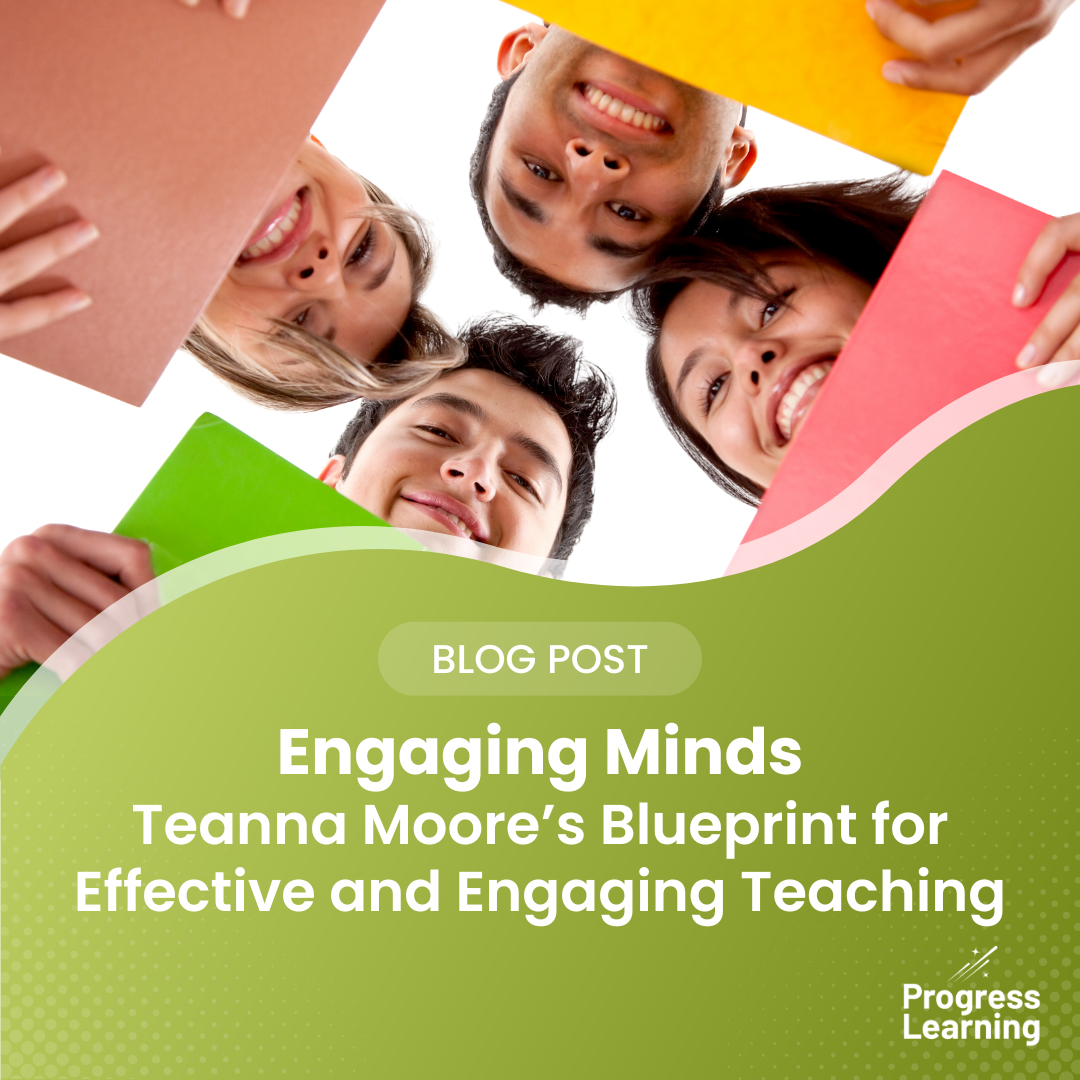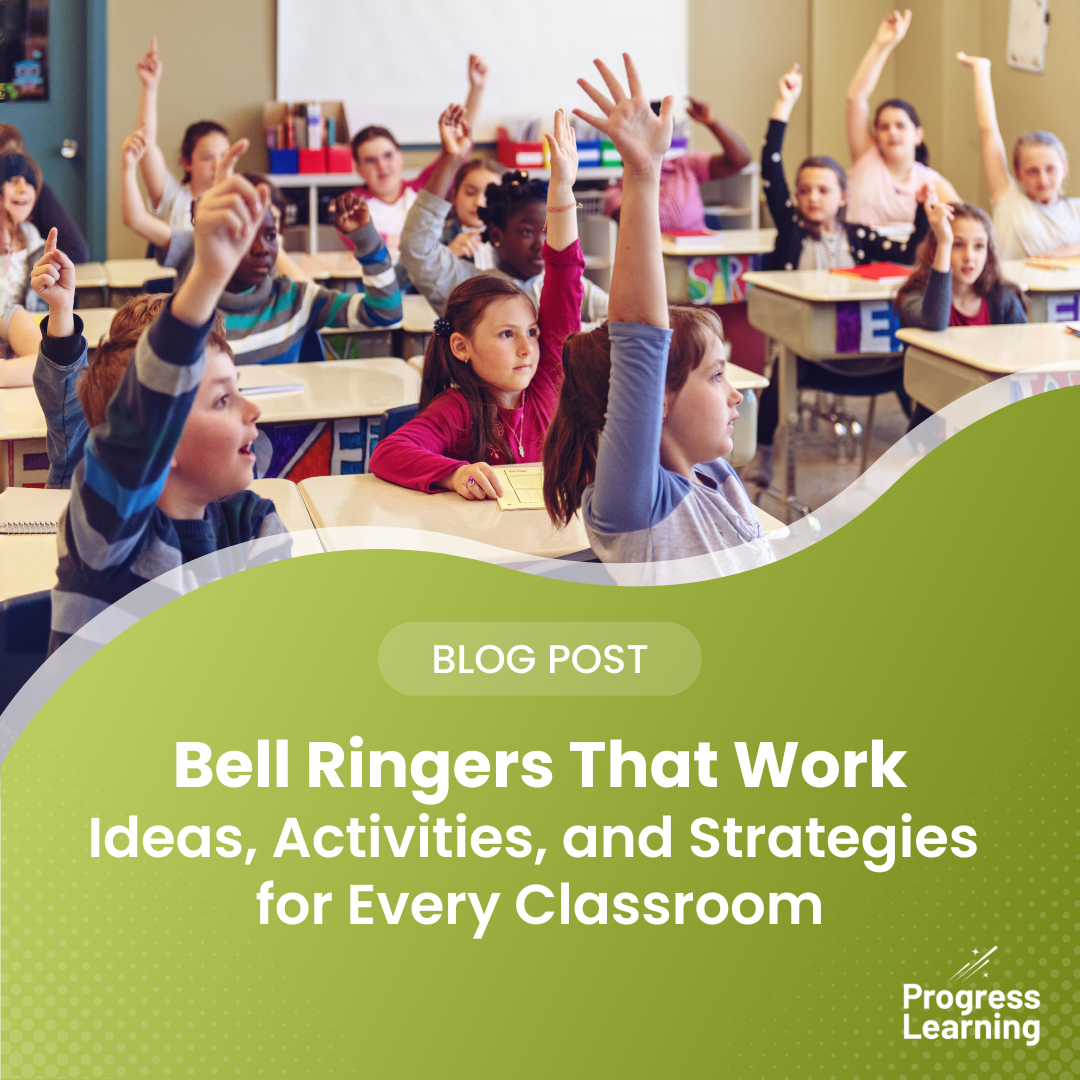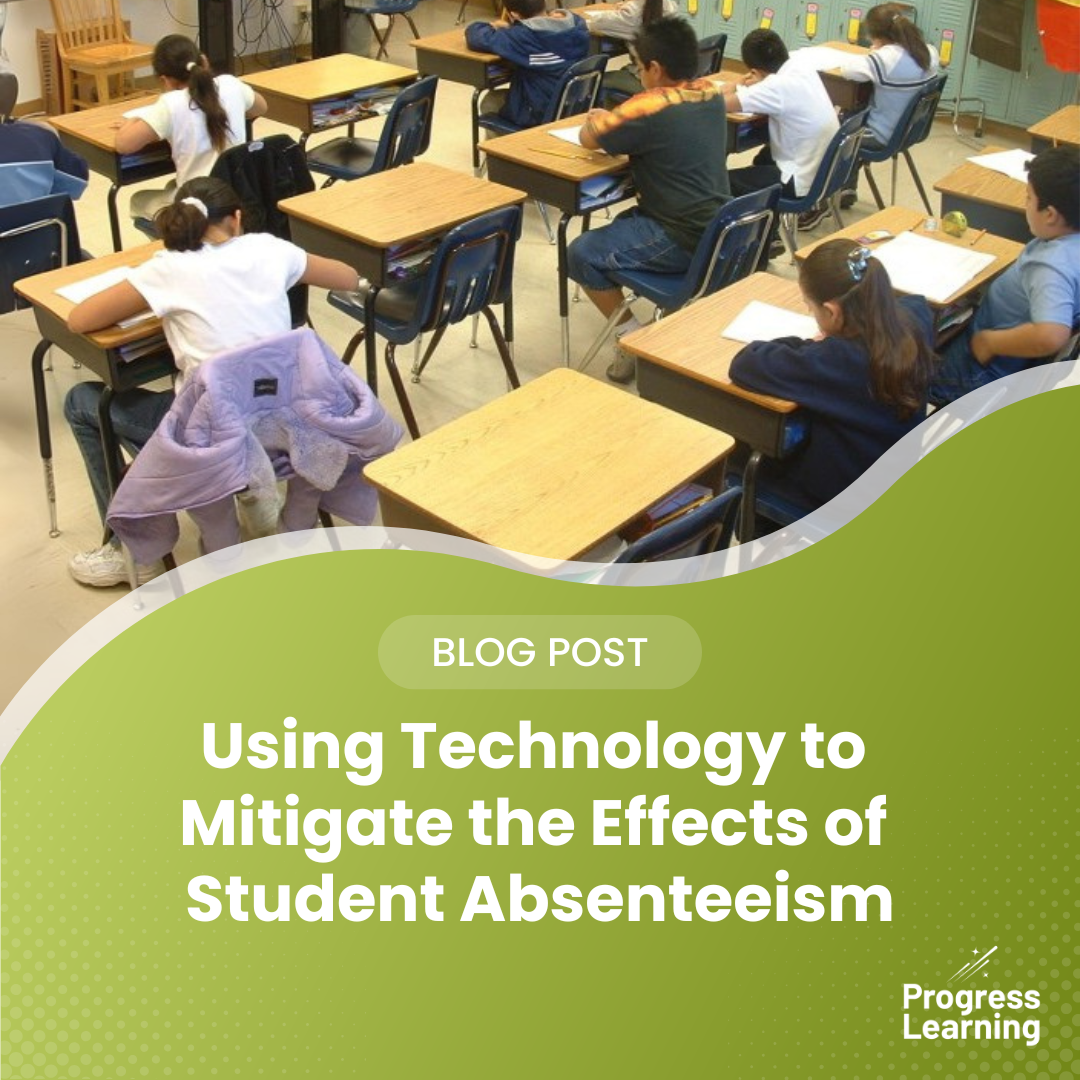How to Get the Most Out of Education Conferences
Whether you’re attending your first education conference or your fifteenth, the experience can be both energizing and overwhelming. The best conferences leave you buzzing with ideas, but without a strategy, it’s easy for those insights to fade as soon as you’re back in the classroom. With some planning and reflection, you can make your next education conference a high-impact learning opportunity for you and your school community.
Why Conferences Matter for Educators
Education conferences offer more than PD hours. They are where innovation meets practice—where teachers and leaders gather to discuss evolving pedagogies, tech integration, data-informed instruction, and strategies to close learning gaps. For schools and districts using platforms like Progress Learning, conferences can also be an opportunity to explore tools that align with their goals in remediation, intervention, and progress monitoring.
To get the most from your time away from campus, you need more than a registration confirmation. You need a plan.
Conference Strategy
Start with a Purpose
Before you step into the first session, spend some time identifying your goals. Are you looking to improve your understanding of using AI in the classroom? Explore new strategies for student engagement? Learn more about tools that support progress monitoring or data-driven remediation?
Use your own classroom challenges to guide your choices. For example, if identifying specific learning gaps is a major hurdle, seek sessions focused on formative assessments or differentiated instruction. Educators using Progress Learning often attend sessions to learn how other districts are applying adaptive tools to meet state standards.
If you’re attending with a team, meet beforehand to coordinate session attendance and avoid duplication. Consider using a shared spreadsheet to map out your days, including times for meals and breaks.
Take Advantage of the Full Experience
Once the conference begins, it’s easy to hop from session to session without pause. But quality matters more than quantity.
- Be selective. Choose sessions that align with your goals and offer actionable insights.
- Connect with others. Attend at least one social or networking event. These informal settings often spark meaningful conversations that stick.
- Explore new tools. The exhibit hall isn’t just about swag. Many vendors offer free demos and on-the-spot coaching. If your district is evaluating platforms like Progress Learning, this is a great opportunity to ask specific questions.
Reflect and Share
The real power of a conference comes from what happens afterward.
- Debrief with your colleagues. Set up a time to compare notes and identify shared takeaways.
- Bring ideas back. Host a short lunch-and-learn or write a quick recap for your school newsletter or PD board.
- Start small. Choose one idea or tool to pilot in the next two weeks. This makes the learning tangible and encourages others to join in.
If your conference included sessions on assessment platforms or digital tools, check in with your instructional leads to explore how your insights align with current initiatives. For districts using Progress Learning, this might mean digging deeper into tools like Quick Click Remediation or the NWEA MAP integration.
Conference Guide
Here’s a simple framework to guide your thinking before, during, and after the conference:
| Stage | Actions to Take | Why It Matters |
| Before the Conference |
|
Ensures you’re aligned with your school’s goals and maximizing your investment |
| During the Conference |
|
Helps you stay present, gather resources, and connect with like-minded educators |
| After the Conference |
|
Keeps the momentum going and supports long-term application of new strategies |
Final Thoughts
Attending an education conference is an investment of time, energy, and often district resources. The best way to honor that investment is to be intentional. Plan ahead, stay present, and take your learning beyond the conference center.
With a little strategy and a lot of curiosity, you’ll return not just recharged—but ready to make real change in your classroom or school.
Heading to a Conference This Summer?
If you’re planning to attend any education conferences this summer—or if you’ll be in the area—we’d love to connect. Whether you’re presenting, attending sessions, or just stopping by the exhibit hall, let us know where you’ll be.
Fill out this quick survey to share your summer plans with us. We’d love to say hello, hear how things are going, and give you a sneak peek at what’s new at Progress Learning.


